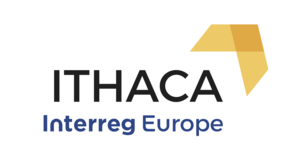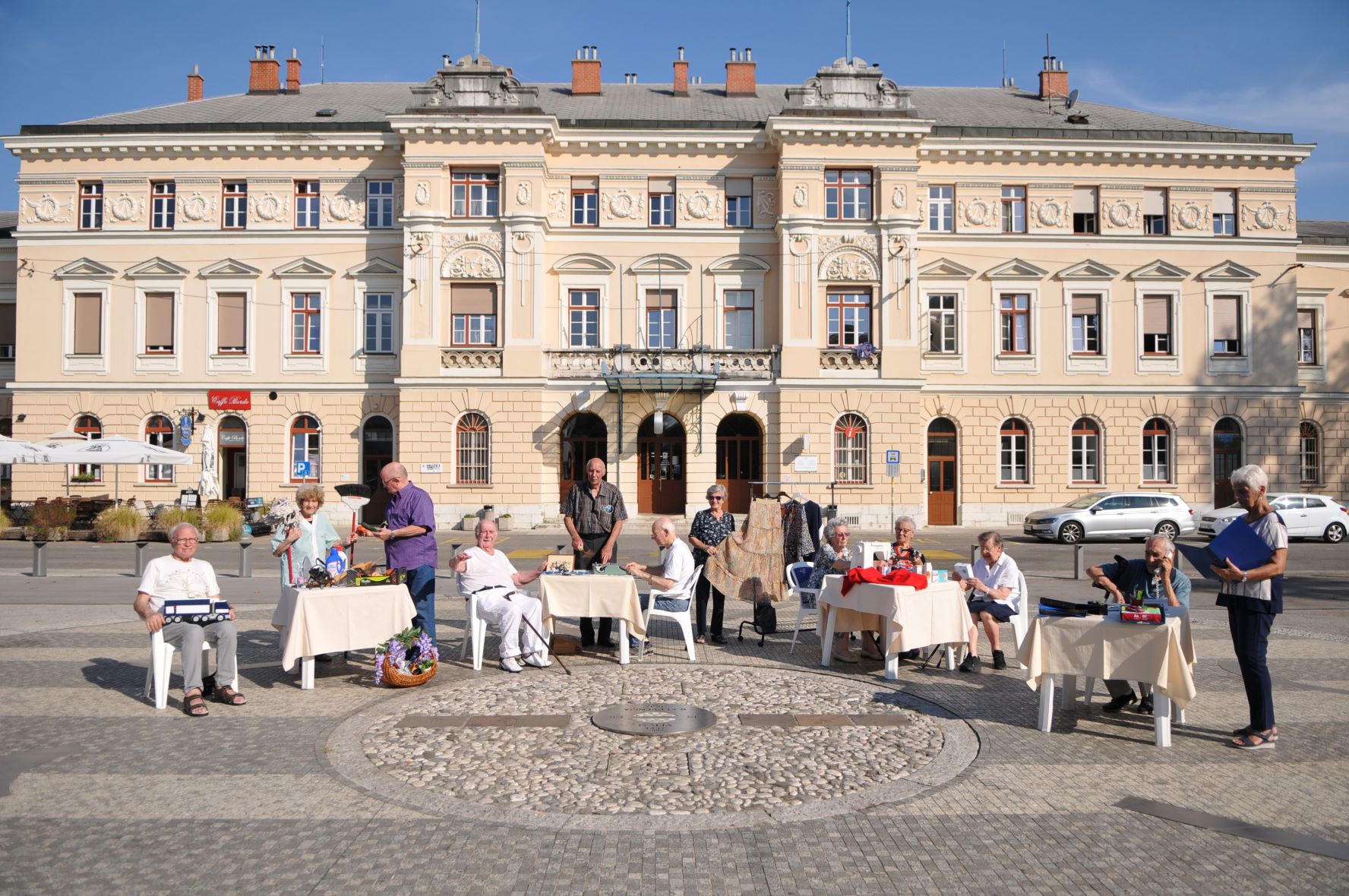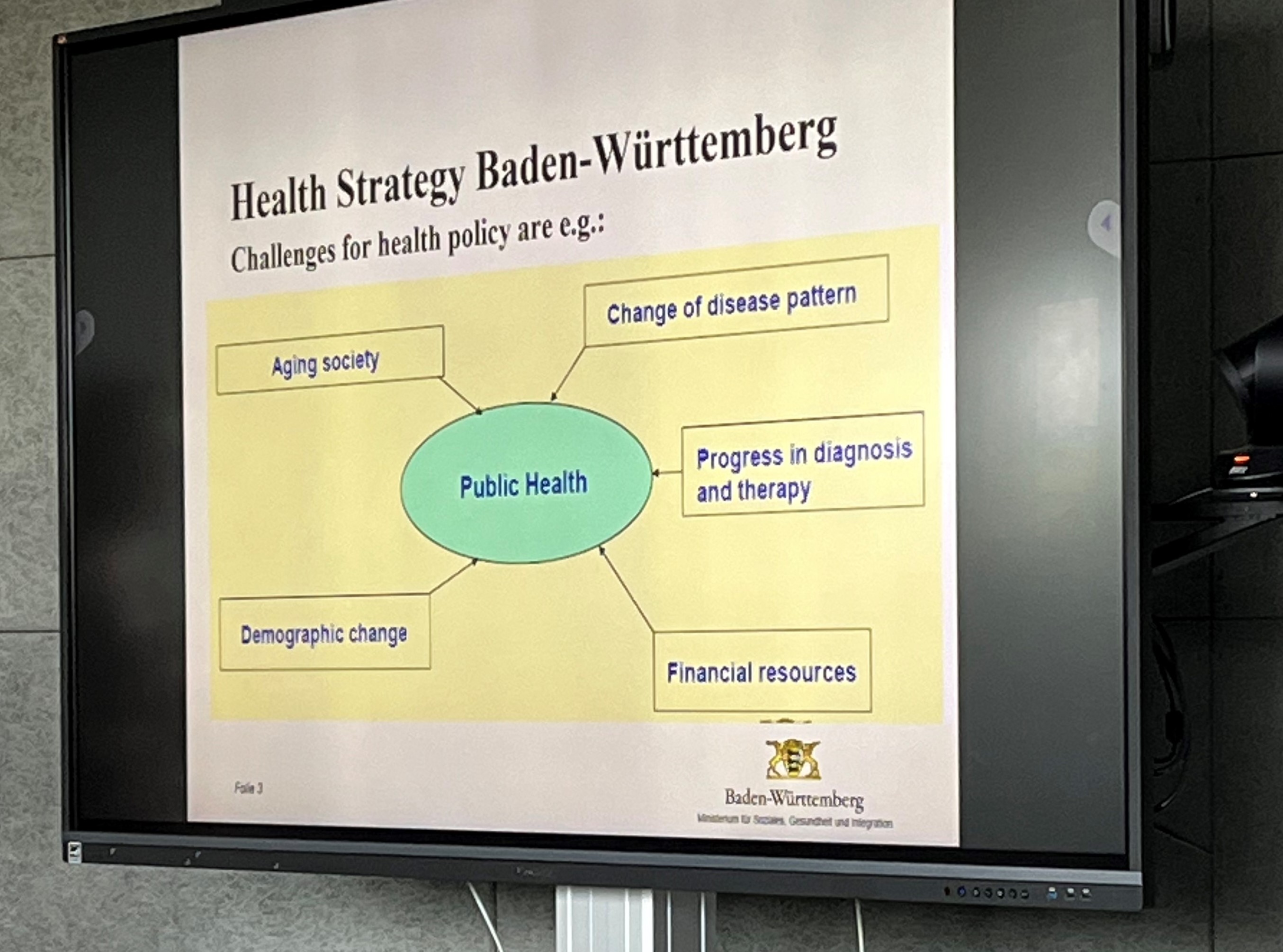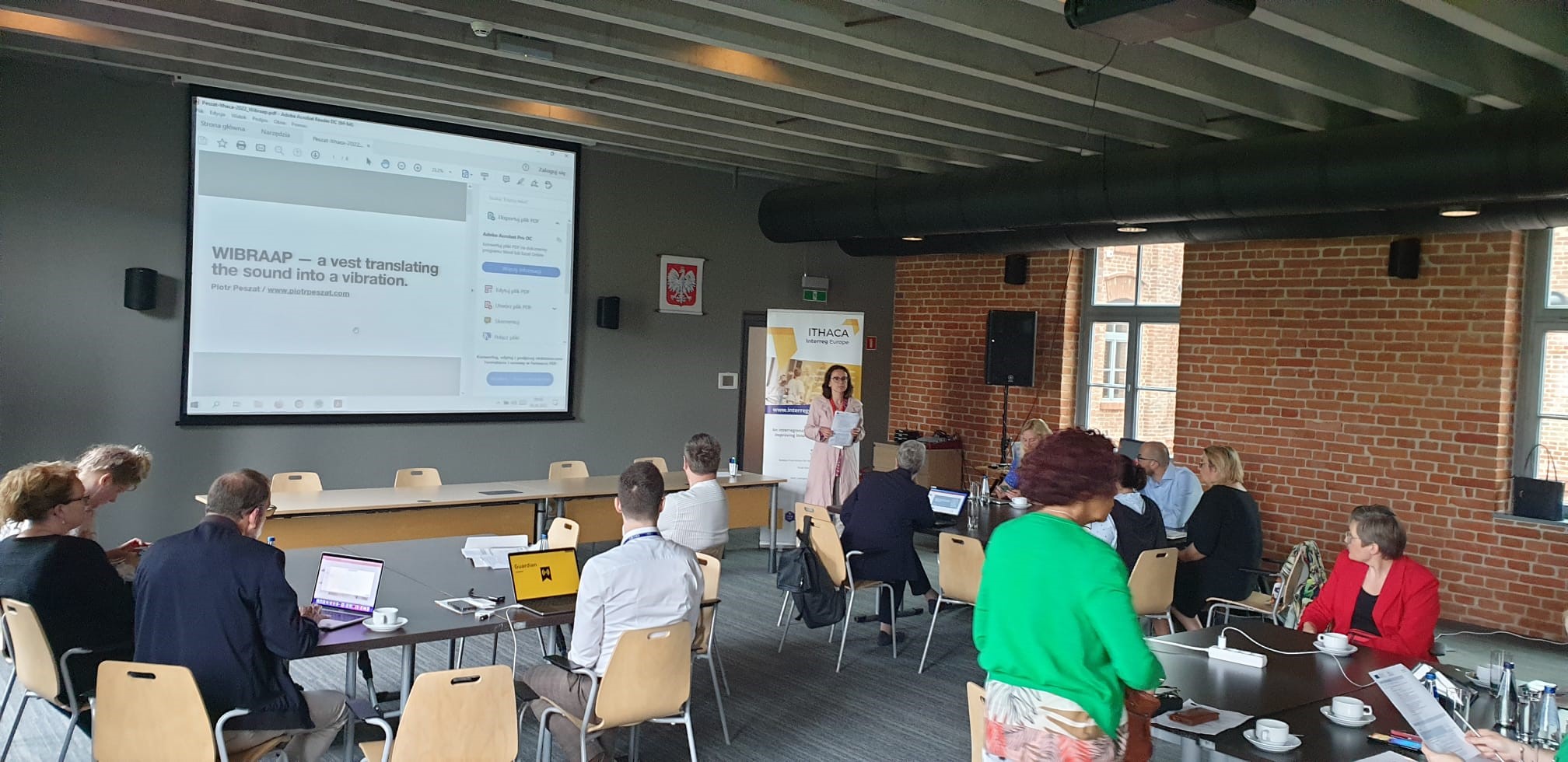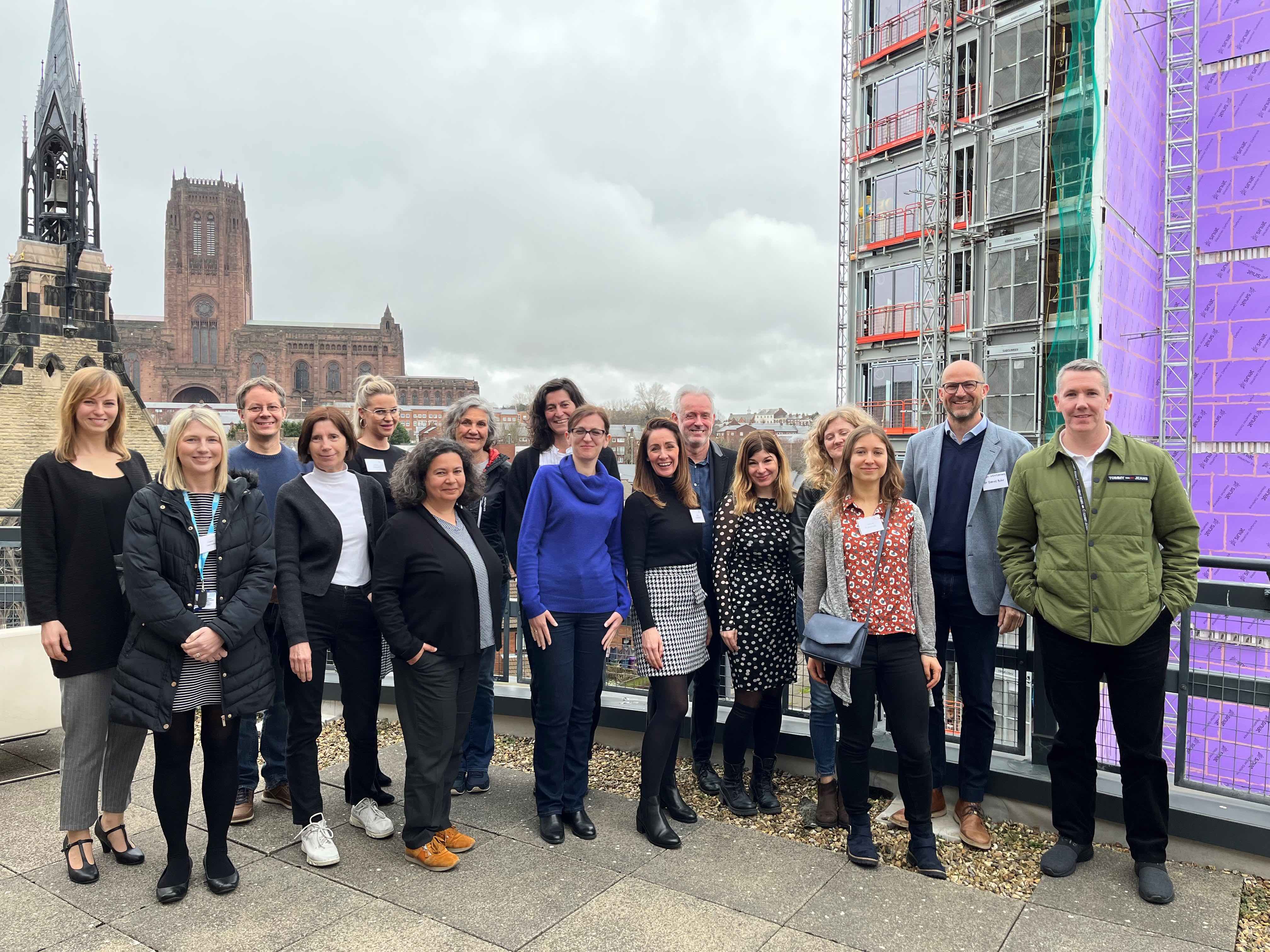The Faculty of Social Sciences, Centre for Social Informatics at Ljubljana University and NHS Liverpool Clinical Commissioning Group (LCCG) organised two study visits on telehealth in December 2019 as part of the ITHACA project. Both partners have expertise in the use of telehealth to provide patients with remote monitoring of vital signs . However, the way they recruite patients and how the service is provided differs. In Liverpool City Region, primary care practitioners identify patients for the service and a community-based provider delivers the technology-enabled support. Slovenia has a hospital-driven telehealth supported service for patients discharged from hospital. These variations make each region’s good practices reciprocatively interesting and suitable for informing the implementation of their respective ITHACA action plans.
In this context, the two study visits provided an opportunity to enrich each partner’s ITHACA action plan and to engage, inform and inspire stakeholders (including decision makers, health practitioners, technology providers and evaluators) and to reinforce bi-lateral collaboration supportive of ongoing mentoring and advice. Both study visits comprised presentations, site visits and extensive opportunities for interactive dialogue and discussion enabling the visiting delegates to seek out the information most valuable to them.
The first study visit was held in Liverpool on 11 December and was a one-day event. The Slovenian delegation learned about LCCG’s digital health and care strategic framework and its technology supported health service. This included an introduction to Liverpool’s new Digital Health Strategy, a review of impact and evaluation of the telehealth service and detailed insights into the commissioning of remote technology supported health and care services. Incorporating a site visit to Liverpool’s telehealth hub, session 2 provided detail about the establishment, operation and future development plans of the Merseycare run telehealth service for Liverpool and other parts of the city region. Liverpool’s approach to commissioning, delivery and evaluation of home-based telecare service, fall detection and wider innovations for social care in Liverpool were presented and discussed during the remainder of the event.
The second study visit took place a few days later, on 16 December, in Ljubljana. The delegation from Liverpool was introduced to Slovenia’s key strategies for long-term care and e-health and the Strategy of Active Aging (with focus on telemedicine). The second part of the event focused on smart technologies in the field of health and social care.
Key learnings from the study visit exchange for the Liverpool ITHACA partner and its other stakeholders’, that will support the action plan implementation of a hospital-led telehealth service for patients with cancer undergoing immunotherapy and chemotherapy, included: (a) reinforcing the importance of hospital-based clinical buy-in to the service; (b) the significant advantage for successful implementation of “champions” supportive of the service amongst clinical staff; (c) the benefits for successful recruitment of patients to telehealth services arising from established and trusted relationships between clinicians and patients; (d) ensuring that service pathways and data monitoring are as seamless and straightforward as possible; (e) the added value and importance for service improvement and future commissioning of tailored and robust process and impact evaluation.
For the Slovenian ITHACA partner and its stakeholders the study visit gave valuable insight into how it can achieve its future ambition for widely scaled services on a regional level, which supports around 1000 patients at any one time. In particular, the study visit has provided insight, evidence and tips about how to organise the work required, how to engage end-users and how to better target the clients that need certain services, as well as how to persuade policy makers to adopt an agenda that will lead to e-health and e-care technologies at home. For the ITHACA partner, knowledge on evaluation methods and instruments in order to provide support for evidence-based evaluation methodologies and reporting was especially beneficial.
These two events also gave a valuable opportunity for local team building. Partners and stakeholders responsible for delivering their respective ITHACA Action Plans got to know each other better, learnt about colleagues’ expertise and had the chance to discuss what their respective roles in delivering their ITHACA action plan will be like. Moreover, the intensive trans-national collaboration and the constructive mutual working atmosphere throughout the events has created an informal networking resource for further knowledge sharing, mentoring and peer-to-peer collaboration to support the implementation phase when setting up new services according to each partners ITHACA action plan.
